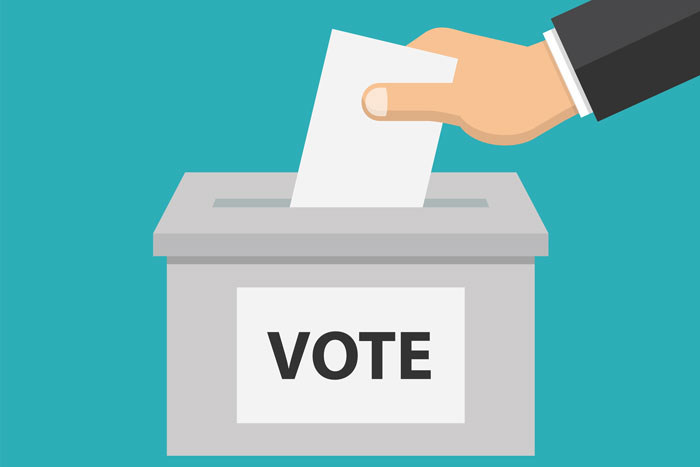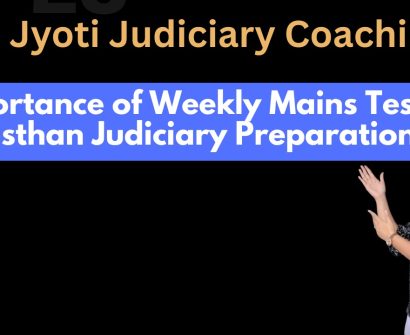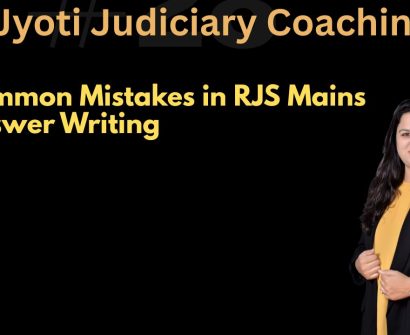
Introduction
At the heart of India’s vibrant democracy lies the fundamental right to vote, a cornerstone that empowers citizens to actively participate in shaping the governance of their nation. The right to vote, enshrined in the Constitution, is a beacon of democracy, fostering inclusivity, equality, and the principles of representative governance.
Constitutional Foundation
1.1 Article 326: Universal Adult Suffrage
The bedrock of the right to vote in India is Article 326 of the Constitution, which guarantees universal adult suffrage. This constitutional provision ensures that every citizen, upon reaching the age of 18, irrespective of caste, creed, gender, or economic status, is entitled to exercise their right to vote. This commitment to universal suffrage reflects the democratic ethos embedded in the Indian Constitution.
1.2 Representation of People Act, 1950
Complementing Article 326 is the Representation of People Act, 1950. This legislation serves as the legal framework for conducting elections in the country. It delineates the qualifications and disqualifications for voters, ensuring that the electoral process adheres to constitutional principles. The Act establishes the Election Commission of India as the guardian of free and fair elections.
Electoral Roll and Registration
2.1 Importance of Electoral Roll
The preparation of an accurate and comprehensive electoral roll is paramount for the effective exercise of the right to vote. This electoral roll serves as the foundation for conducting free and fair elections, ensuring that every eligible citizen is duly registered. The Election Commission undertakes periodic revisions and updates to maintain the integrity of the electoral roll.
2.2 Voter Registration Process
The Election Commission of India has streamlined the voter registration process to make it accessible and inclusive. Citizens are encouraged to actively participate in the democratic process by enrolling themselves in the electoral roll. Various initiatives and online platforms facilitate easy registration, reflecting a commitment to expanding the electorate.
Ensuring Inclusivity
3.1 Special Provisions for Marginalized Groups
Recognizing the need for inclusivity, India has implemented special provisions to facilitate the participation of marginalized groups. Scheduled castes, scheduled tribes, and other backward classes are afforded representation to ensure that the democratic process is a true reflection of the nation’s diversity.
3.2 Empowering Women Voters
Efforts are continually made to encourage the active participation of women in the electoral process. Various awareness campaigns, education initiatives, and incentives are employed to empower women to exercise their right to vote. This reflects a commitment to gender equality in the democratic arena.
Responsibilities of Voters
4.1 Informed Decision-Making
The right to vote comes with the responsibility of making informed decisions. Citizens are encouraged to engage with political issues, understand policies, and critically evaluate the credentials of candidates. Informed decision-making is crucial for ensuring that the democratic process remains robust and reflective of the people’s will.
4.2 Civic Duty
Voting is not merely a right; it is a civic duty. Citizens play a crucial role in shaping the destiny of their nation by actively participating in the democratic process. Recognizing the power vested in their vote, citizens contribute to the democratic discourse, holding elected representatives accountable and shaping the direction of the nation.
Conclusion
As India marches forward on its democratic journey, the right to vote stands tall as a symbol of empowerment for its diverse and vibrant population. Beyond a legal provision, it is a powerful tool that reflects the commitment of the Indian Constitution to the principles of equality, inclusivity, and active citizenry. The right to vote is not just a privilege but a responsibility—a responsibility that every citizen embraces to contribute to the democratic tapestry of the nation.
The above right is a constitutional right and it is expected with every citizen of India aware of it. But any aspirant of judiciary exams must have in-depth knowledge of the said topic.









